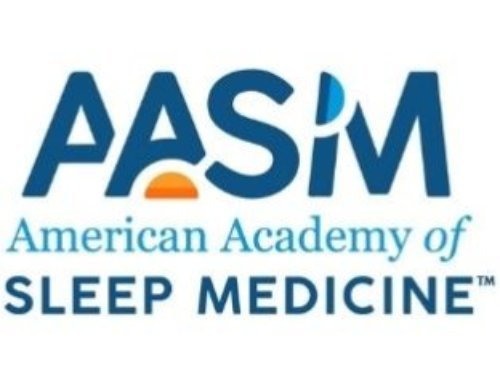BOSTON – Preliminary results of a new study show that sleep disturbance is strongly related to the use of alcohol, tobacco, and illicit drugs among student athletes in college.
Results show that student athletes with sleep difficulties were 151 percent more likely to use cigarettes, 36 percent more likely to drink alcohol, and 66 percent more likely to smoke marijuana. Sleep difficulties also predict an increased use of controlled, illegal, and banned substances. For example, student athletes with sleep difficulties were 317 percent more likely to use methamphetamine, 349 percent more likely to use cocaine, and 175 percent more likely to use steroids.
“The most surprising thing was the consistency with which sleep difficulties among student athletes predict increased use of many substances, including substances that are illegal and banned,” said senior author Michael Grander, PhD, director of the Sleep and Health Research Program at the University of Arizona in Tucson. “Across the board, students with sleep difficulties were more likely to smoke, drink, and use illegal substances.”
The study involved an analysis of survey data completed from 2011 to 2014 by 8,683 student athletes at U.S. colleges and universities as part of the National College Health Assessment conducted by the American College Health Association. Participants were asked whether, in the past 12 months, “sleep difficulties” had “been traumatic or very difficult for you to handle.” Students also were asked whether they had used a list of specific substances in the past 30 days.
Regression analyses examined whether use of any of these substances was associated with sleep difficulties, adjusted for age, sex, and survey year. Also, discrepancy between student use and perceived typical use and sleep was examined.
“Sleep difficulties are quite common among students and especially student athletes,” said lead author Chloe Warlick, research assistant in the Sleep and Health Research Program. “Substance use is also a major public health problem. These results not only underscore the important link between sleep difficulties and substance use, but they show that this relationship is quite strong, even among student athletes.”
Grandner added that the findings have important implications for both student health and athletic performance.
“Knowing this association between sleeping difficulty and substance abuse could be beneficial for coaches, physical therapists, and physicians,” he said. “These findings could provide important insight when treating sleep disturbances or attempting to improve athletic performance.”
The authors concluded that sleep-focused interventions should be evaluated to determine whether they decrease use of psychoactive substances.
The research abstract was published recently in an online supplement of the journal Sleep and will be presented Tuesday, June 6, in Boston at SLEEP 2017, the 31st Annual Meeting of the Associated Professional Sleep Societies LLC (APSS), which is a joint venture of the American Academy of Sleep Medicine and the Sleep Research Society.
The study was supported by the National Heart, Lung and Blood Institute (K23HL110216) and the National Collegiate Athletics Association.
Abstract Title: Difficulty Sleeping Associated with Substance Use among Student Athletes
Abstract ID: 1135
Presentation Date: Tuesday, June 6
Poster Presentation: 5 p.m. to 7 p.m., board 220
Presenter: Chloe Warlick
For a copy of the abstract or to arrange an interview with the study author or an AASM spokesperson, please contact AASM Communications Coordinator Corinne Lederhouse at 630-737-9700, ext. 9366, or clederhouse@aasm.org.
About the American Academy of Sleep Medicine
Established in 1975, the American Academy of Sleep Medicine (AASM) improves sleep health and promotes high quality, patient-centered care through advocacy, education, strategic research, and practice standards. The AASM has a combined membership of 10,000 accredited member sleep centers and individual members, including physicians, scientists and other health care professionals. For more information about sleep and sleep disorders, including a directory of AASM-accredited member sleep centers, visit www.sleepeducation.org.




